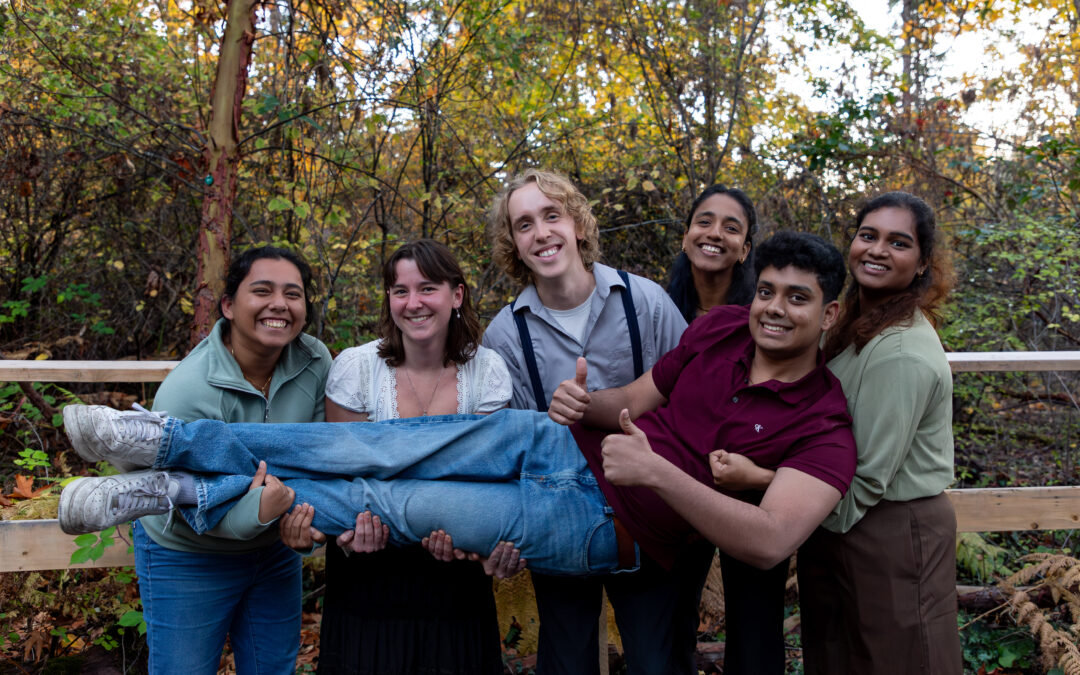Welcome back, Readers!
This past sprint marked our most significant achievement yet! We moved from development to deployment and are now at impact measurement, supporting platform-led classes and user testing.
Initially, we set five goals for this sprint and completed three of them. The two that did not get completed in the sprint had contingencies built in, so we are not held back!
Starting with our successes, we added audio to all games, though not quite as we had planned. We had hoped to use Indigenous music from Lorelei, but copyright reasons meant we needed to use our backup music. Here is a nod to always having contingencies! The lesson we took away from this was always to have backups and use placeholders rather than blocking progress. Next, our bug-fixing efforts went smoothly thanks to effective task division in Jira. By dividing and conquering, we addressed all bugs identified during our bug bounty event. This reiterated to us that external user testing reveals bugs that we, as developers, can easily miss. Lastly, data collection faced challenges of its own, all surrounding student engagement. We had tackled these hurdles by being flexible during the Think Aloud, pivoting when the structured conversation with the students was not enagaging enough. We decided to make it more casual and less directed, leading us to collecting all necessary data.
The goals that did not fully come together taught us equally valuable lessons.
Helping with platform-led classes had scheduling and technical issues. Finding time that aligned with Lorelei’s teaching schedule was difficult, and deployment hiccups further delayed us. We prioritized fixing deployment bugs first, then moved this goal to the next sprint. Contingency time is essential, and we had already factored it into our timeline. INSPIRE user testing did not proceed as scheduled because our website was not properly deployed. We took a step back, focused on deployment, and rescheduled. The significant learning point we recognized is that when you are not ready internally to do a task, do not force it. In hindsight, we were not prepared and should not have pushed for it.
Our main takeaway from this past sprint is that contingency time is essential.
We did not complete all our goals, and that is why we built buffer time into our schedule. Contingency within contingency has kept us on track regardless of the obstacles we face.
Within managing our relationships with our Community Partner, we limited school visits early in the sprint due to Remembrance Day. Still, we increased them twice in the second half, gathering all the necessary student testing data, set ups of user logins and tested the platform on Lorelei’s personal computer. We acknowledge we have to work on our partner’s time, and we used the downtime effectively in the first half of the sprint!
In the next sprint, we plan to have four visits to support platform-led classes.
Team Dynamics have never been a big challenge for us to overcome; we all communicate effectively and kindly. We have been working together, distributing tasks, and all of us communicate with our community partner efficiently and effectively. Likewise, we had a lecture this past sprint by Kezia Devathasan that made us think more about what our roles are in the team. It brought more perspective and retrospective thinking within us as a team.
Moving on to a big topic that we often think about, none of us are Indigenous, yet we are working on a project deeply rooted in W̱SÁNEĆ culture and SENĆOŦEN language revitalization. This sprint brought this responsibility into focus as we collected student data and saw our platform in use. The data collection process reminded us that we are measuring the impact of cultural education, not just engagement metrics. These represent students connecting with heritages, culture, and language.
Working with Lorelei and respecting her timeline is not just project management, it is recognizing she carries a cultural knowledge we do not have ourselves. Our role as deveoplers is to build tools that help her teach, not to make cultural decisions. We are constantly learning to balance our timeline with cultural respect, recognize when technical timelines need to be flexible, and understand that our platform supports something larger. That being language revitalization and cultural connections for the W̱SÁNEĆ Peoples.
Looking ahead, the last week of November focuses on user testing. Implementation is finished, with further additions from user testing being documented but not necessarily implemented, depending on time that we as a team have. The first and second weeks of December are for polishing presentations and writing our documentation, giving us two weeks of contingency to create a compelling story that focus on process of completing this project.
Our next sprint has five goals: making and practicing our final presentation, documentation, assisting with platform-led classes, continuing data collection, and conducting user testing with INSPIRE students. Each has its own built-in contingencies.
As we enter the final weeks, we feel both pressure and excitement! The challenges this sprint reinforced the importance of contingency planning, clear communication, and focusing on our deliverables. Most importantly, they reminded us that working on community projects means being flexible and respectful to needs that we may not even know about.
We are ready for the final push!

